To say that my 13-year-old daughter, Allison, is an active kid would be an understatement. She plays year-round sports – volleyball, basketball, and track – as well as participates in 4-H events, like showing 1,300-pound cows and contesting with her pony, Oakie.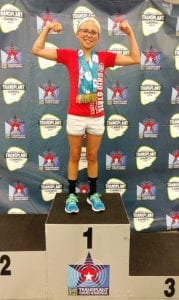
She also competed in the Transplant Games of America last month with Team Ohio, and won 5 gold, 2 silver and 2 bronze medals. To compete in these games, participants have either had transplant surgery or are a living donor.
Would you believe that my highly athletic daughter was diagnosed with biliary atresia at six months of age and received a liver transplant when she was two and a half?
Most people who meet her don’t believe me when I tell them. She has defied all of the odds. Her doctors thought that because her health had deteriorated so drastically while she waited for a new liver, that she would most likely have long term physical and educational setbacks. But she didn’t.
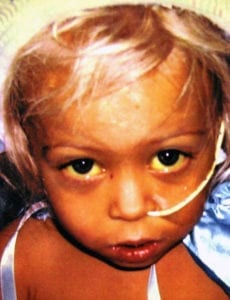 Before she received her donor liver on January 21, 2006 – you never forget the date – she was so sick that she would sleep for up to 20 hours a day. She was jaundiced, on a feeding tube and hadn’t learned how to crawl or walk yet.
Before she received her donor liver on January 21, 2006 – you never forget the date – she was so sick that she would sleep for up to 20 hours a day. She was jaundiced, on a feeding tube and hadn’t learned how to crawl or walk yet.
Her post-transplant progress was incredible. Within 24 hours her eyes turned white again. Within three days she was alert and wanting to eat food. Within months she started crawling to pulling herself up to walking.
We were ecstatic for how well she had progressed, but we’re in mourning for what that meant for her donor family. It is such a mixture of emotions.
Today her health current regimen consists a few minor things: Lots of hand washing because she’s more susceptible to illnesses like the common cold; lifetime anti-rejection medication; yearly follow-up with her doctors at Cincinnati Children’s; and labs taken in our hometown of Toledo every three months. That’s it.
She’s basically a “normal” kid with a few extra checkups. To physically see her, you would not guess what she has been through. She’s weathered the storm and now there is nothing that will slow her down.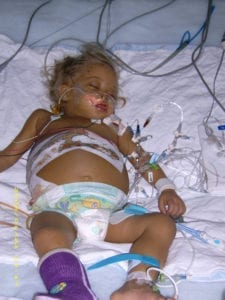
That is evident at all of her sporting events and most recently at the Transplant Games. During the competitions the fighter in her comes out – and I’ve noticed that her peers are similar in this way. They’ve learned how to fight – they’ve learned how to defy the odds – because they’ve had to. After being secluded, poked, prodded, hooked up to IVs, and surviving surgery, they’re ready to live their lives to the fullest.
I am reminded of this passion and drive each year she participates in the Transplant Games. The competitiveness of the athletes is the same as any other sporting event you go to. They’re out to get gold medals and win. The difference is that if you ask any of them, they’re doing it for their donor families. They recognize that their lives were saved by these families choosing organ donation and the significance is not lost on them. Allison, on her own decision, gave two of her gold medals to a donor family mom from Team Ohio, to honor their loved ones.
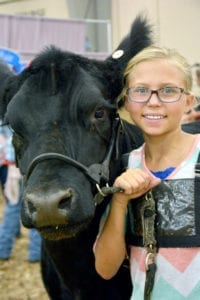 Alison celebrated her 10th year post-transplant anniversary this past January. And each new accomplishment under her belt – every athletic event, school clubs, honors society mention, and 4-H competition – is added to my growing mental list of how she has truly made the most out of the second chance she has been given.
Alison celebrated her 10th year post-transplant anniversary this past January. And each new accomplishment under her belt – every athletic event, school clubs, honors society mention, and 4-H competition – is added to my growing mental list of how she has truly made the most out of the second chance she has been given.
She wouldn’t be here, living this abundant, vibrant life if it weren’t for her donor family. She’s makes every minute count. Over the years her liveliness and spunk have earned her the nickname “little ball of energy” and I think it’s the perfect way to describe how she’s living life to the fullest.

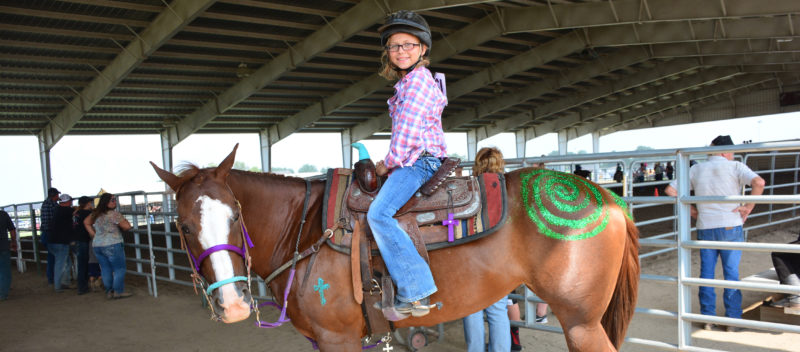
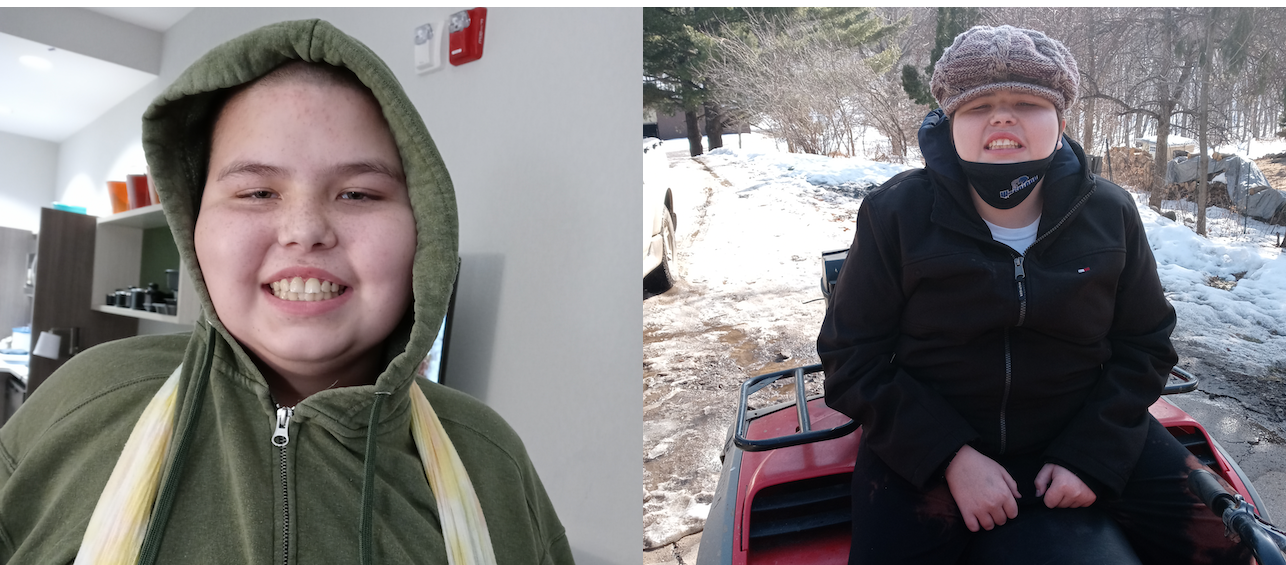
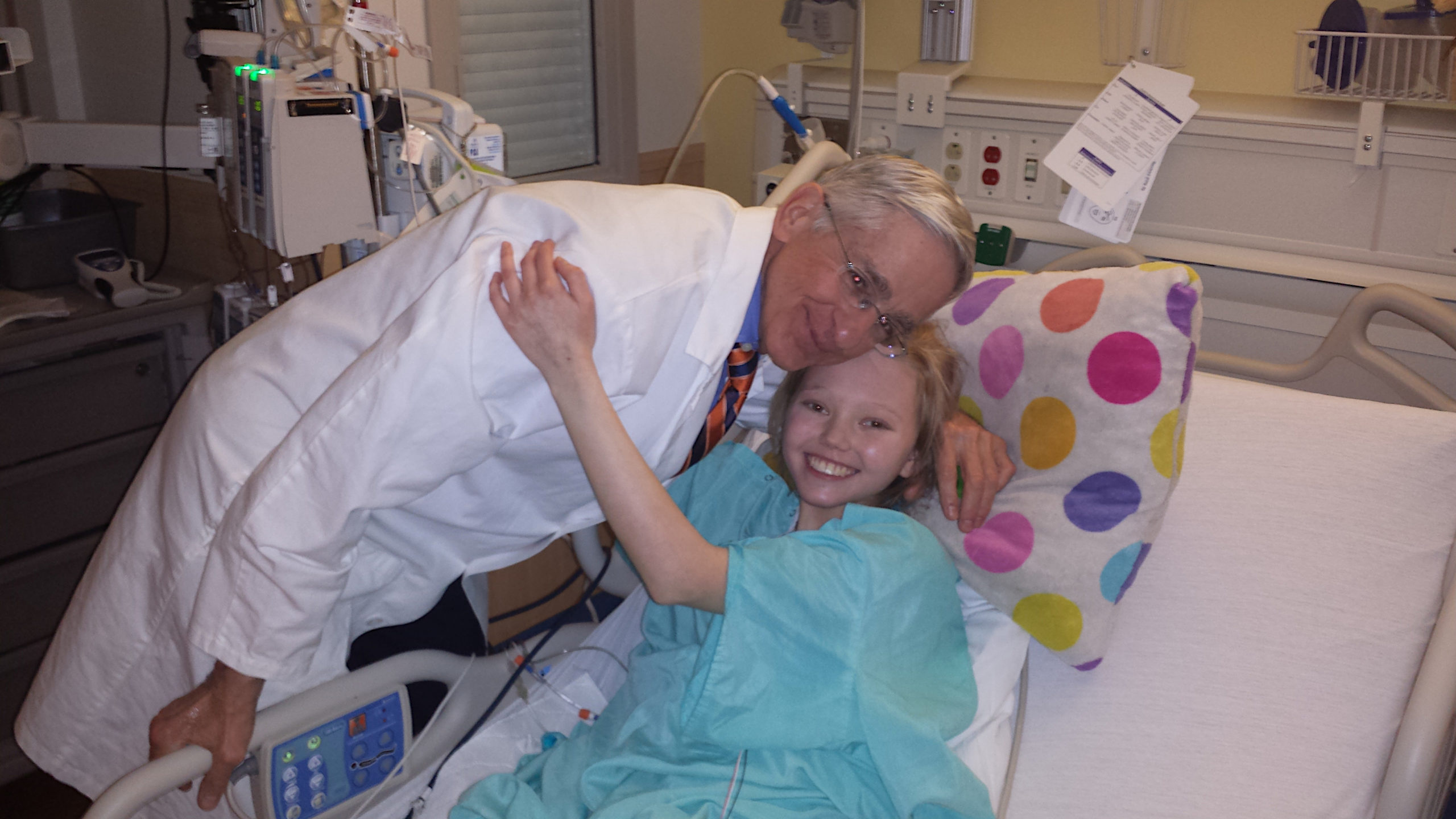

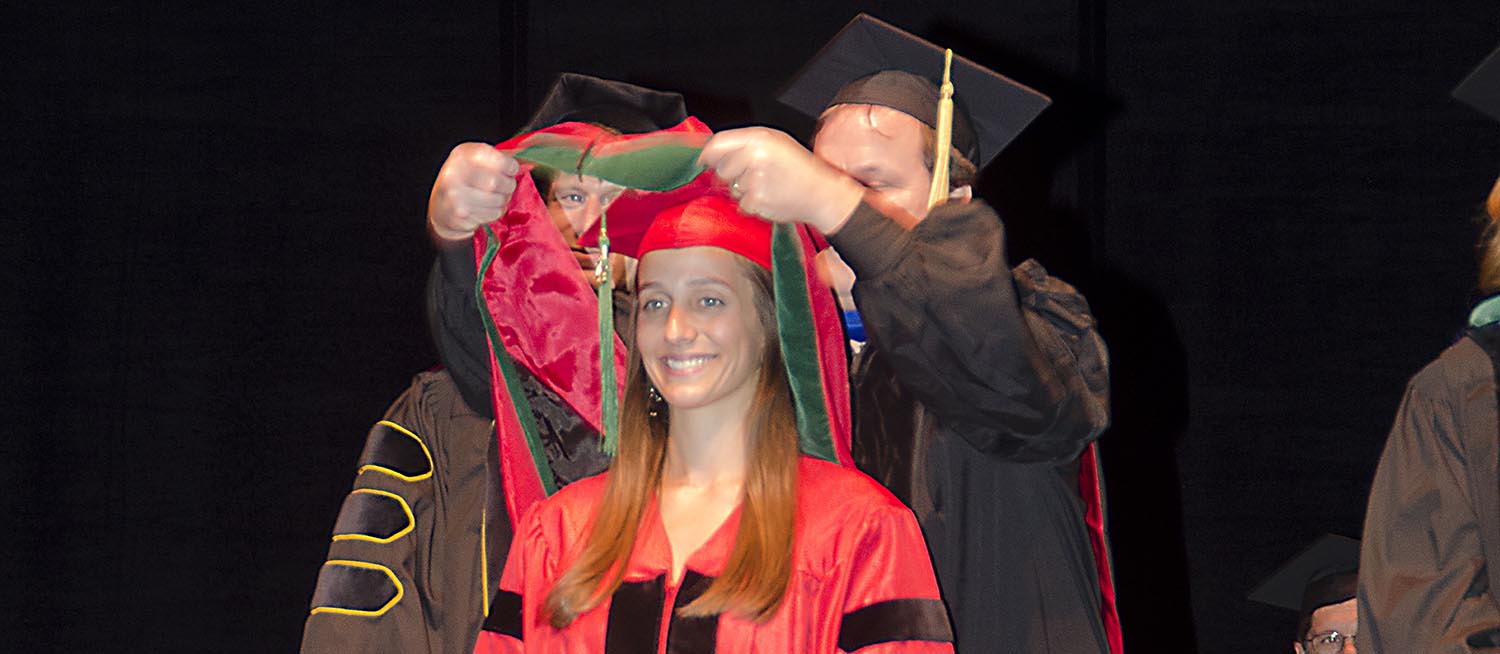
Even after working as part of the CCHMC GI team for years now.. stories like this still brings tears to my eyes. I feel such pride in knowing that what we do here as Nurses has such an impact in so many lives.
We too are the lucky ones.
Thanks for sharing this beautiful story